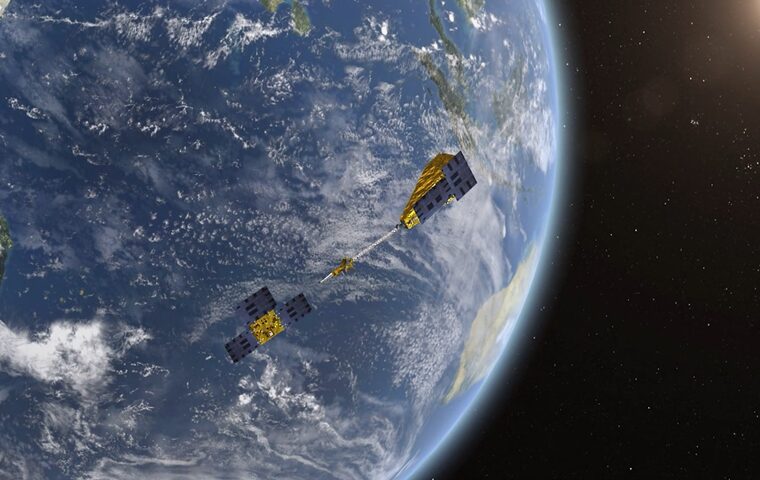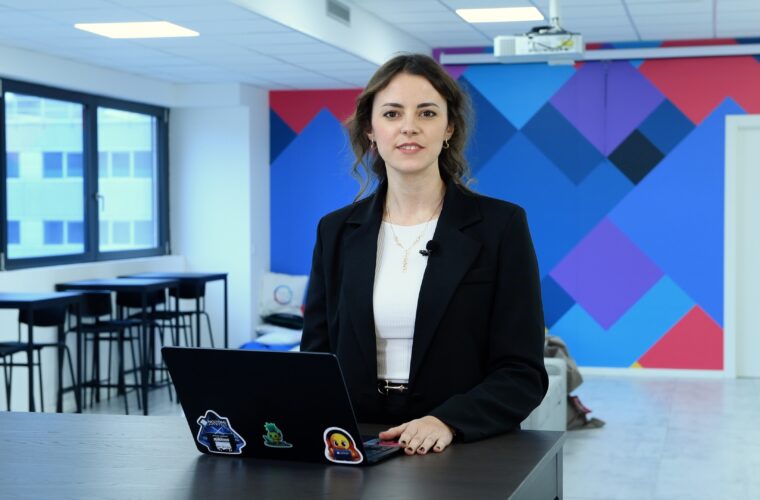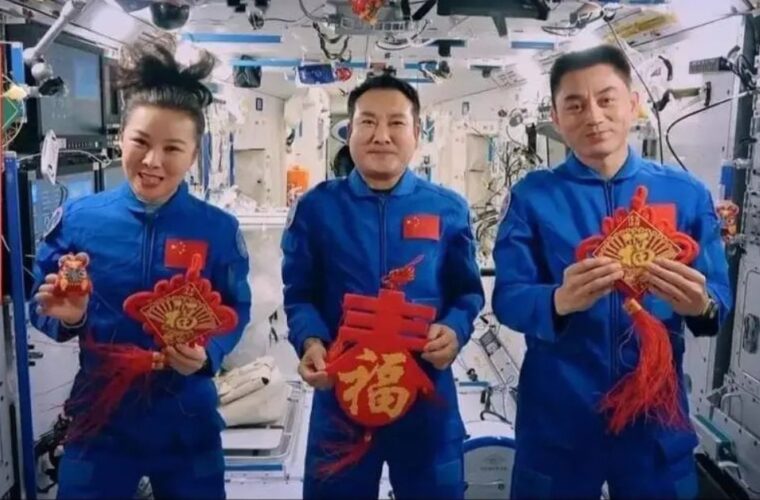In March, the REXUS rocket soared through the skies of northern Sweden, carrying an ambitious experiment from Greece. This marked a significant achievement for the BEAM 3rd Gen team from the Aristotle University of Thessaloniki, as they successfully launched their pioneering student experiment, DROPSTAR. The BEAM 3rd Gen team is a group of dynamic and ambitious students, and we had the pleasure of visiting their campus in Thessaloniki. They shared their exhilarating experience with 4i Magazine, discussing their notable achievement, the intricate details of their experiment, their passion for space and new technologies, and their future plans.
What is DROPSTAR?
The REXUS 32 single-stage rocket launch was part of the REXUS/BEXUS program. The team travelled to the ESRANGE Space Center in Sweden, where they stayed for two weeks (March 4-17, 2024) for the REXUS 32 rocket flight. DROPSTAR, which stands for “Study of Oil Droplet Coalescence in Emulsions in Microgravity,” aimed to create an emulsion and study its behaviour throughout the rocket’s flight. Specifically, the experiment investigated the coalescence mechanism of emulsion droplets under microgravity conditions.
The BEAM 3rd Gen team designed and built a unique emulsification device capable of producing and studying emulsions on the spot. This project was realized in collaboration with the Chairman of the Department of Chemistry at Aristotle University, Professor Theodoros Karapantsios, and PhD candidate Angeliki Chondrou. The device was entirely constructed in Greece with the support of numerous partners and sponsors who contributed to the team’s success. The REXUS/BEXUS program is a bilateral initiative between the German Aerospace Center (DLR) and the Swedish National Space Agency (SNSA).
Exclusive video interview with the students
Catch the enthusiasm and insights of the BEAM 3rd Gen team in our exclusive video interview, where they talk about their groundbreaking experiment, their journey, and what lies ahead in their exciting venture into space research.








